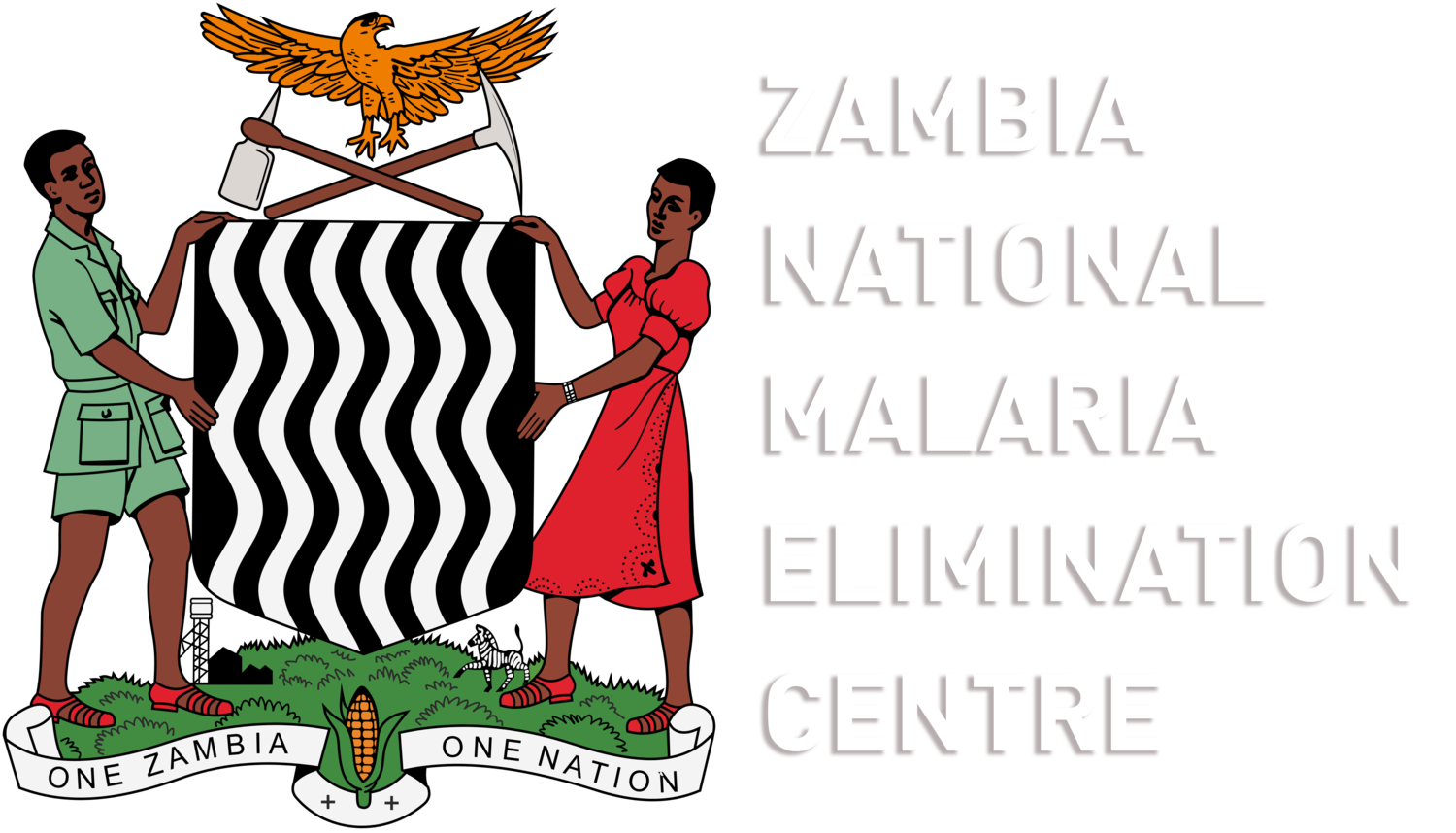Malaria infection during pregnancy is a major cause of maternal and neonatal death in Zambia and throughout tropical and subtropical regions of the world. Pregnant women are particularly vulnerable as a malaria infection during pregnancy can lead to miscarriage, premature delivery, low birth weight, congenital infection, and/or perinatal death.
The national programme's policy on malaria in pregnancy includes the provision of:
- Free Intermittent preventive treatment in pregnancy (IPTp) with at least four doses of Sulfadoxine-Pyrimethamine (SP) during pregnancy
- Free long-lasting insecticide-treated nets (LLINs)
- Free prompt diagnosis and treatment of clinical malaria
This malaria control package is implemented as part of routine antenatal care (ANC). Because pregnant women are particularly susceptible to malaria, it is important for them to start receiving antenatal care early in their pregnancy so that they can readily access malaria prevention and treatment services


